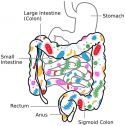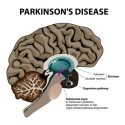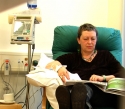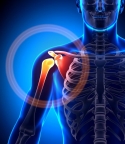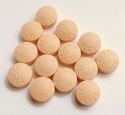julianwhitaker.jpg
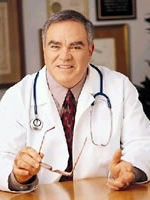
Julian Whitaker, M.D.
Julian Whitaker, M.D., America’s Wellness Doctor, is a graduate of Dartmouth College and Emory University Medical School. In 1979, he opened the Whitaker Wellness Institute, which has treated more than 45,000 patients and is the largest alternative medicine clinic in the country.
The author of the popular monthly newsletter Health & Healing, an eight-page monthly newsletter dedicated to alternative health and nonconventional therapies, as well as numerous books, including Shed 10 Years in 10 Weeks, Reversing Diabetes, and Reversing Heart Disease, Whitaker is a vocal proponent of freedom of choice in the medical arena and founder of the nonprofit Freedom of Health Foundation.
For more about Whitaker and his natural approach to health and well-being, visit Whitaker's website.








